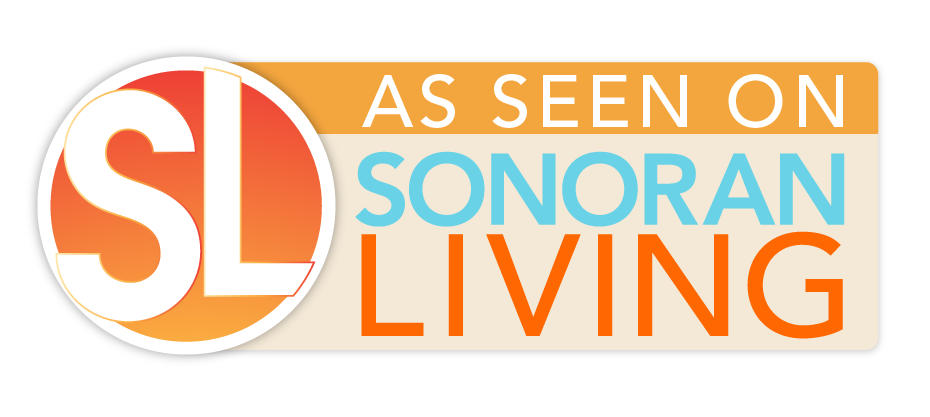Sleep Better
Snore Less
Wake Rested
The Link Between Snoring & Sleep Deprivation
Snoring is more than just an annoying habit that inconveniences sleeping partners. It can also be the sign of something worse. Here are some important facts you need to know about snoring and its connection to sleep apnea.
Loud snoring, accompanied by daytime fatigue, may be a sign of a common disorder known as sleep apnea. This condition causes breathing to stop and start repeatedly during sleep. It can affect the mood, leave a person exhausted during the day, challenge relationships with bed partners, and even be dangerous to one’s health. It can also lead to poor concentration and an increased risk of accidents, as well as irritability and even depression. Physical health problems such as diabetes, heart disease, liver problems and weight gain are other possible results.
Order Yours Today!
Subscribe & Save!
Incorporate Silentium into your daily routine, and you too, can experience the following health-related benefits:
1. Enhanced Sleep Quality: Silentium promotes deep and restful sleep, allowing you to wake up feeling refreshed and rejuvenated.
2. Reduced Sleep Apnea Symptoms: Silentium's unique formula helps to alleviate the symptoms of sleep apnea, such as snoring and interrupted breathing, leading to a more peaceful sleep experience.
3. Improved Respiratory Function: By supporting healthy airflow and respiratory function, Silentium helps to optimize oxygen intake during sleep, reducing the occurrence of breathing interruptions.
4. Increased Energy Levels: With improved sleep quality, Silentium helps to boost your energy levels throughout the day, helping you to stay focused and productive.
5. Better Overall Health: Restful sleep plays a vital role in maintaining optimal health. By addressing Sleep Apnea, Silentium contributes to improved cardiovascular health, reduced daytime fatigue, and enhanced overall well-being.
Silentium is backed by extensive research and is known for its safety and effectiveness. However, it is always recommended to consult with a healthcare professional before starting any new supplement regimen.
If you or someone you know is struggling with sleep apnea and seeking immediate relief, I highly recommend trying Silentium. Discover the benefits of Silentium today and experience a more restful and rejuvenating sleep.












